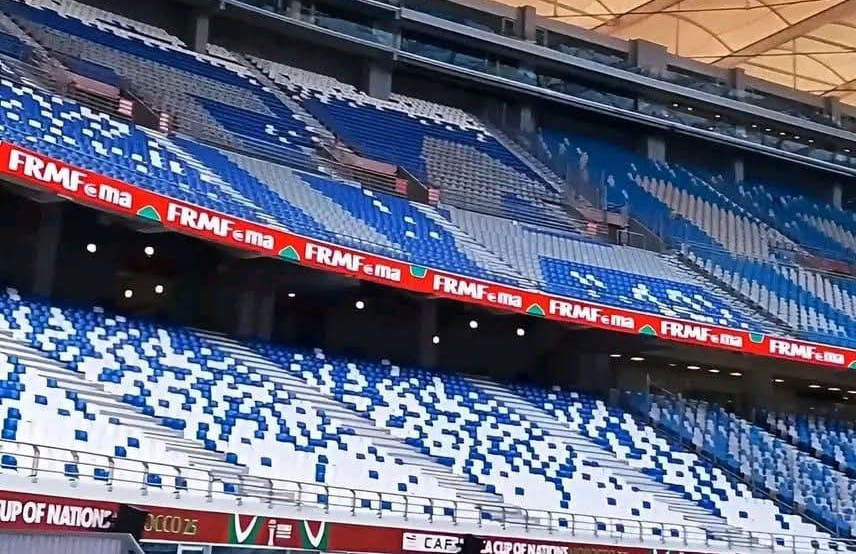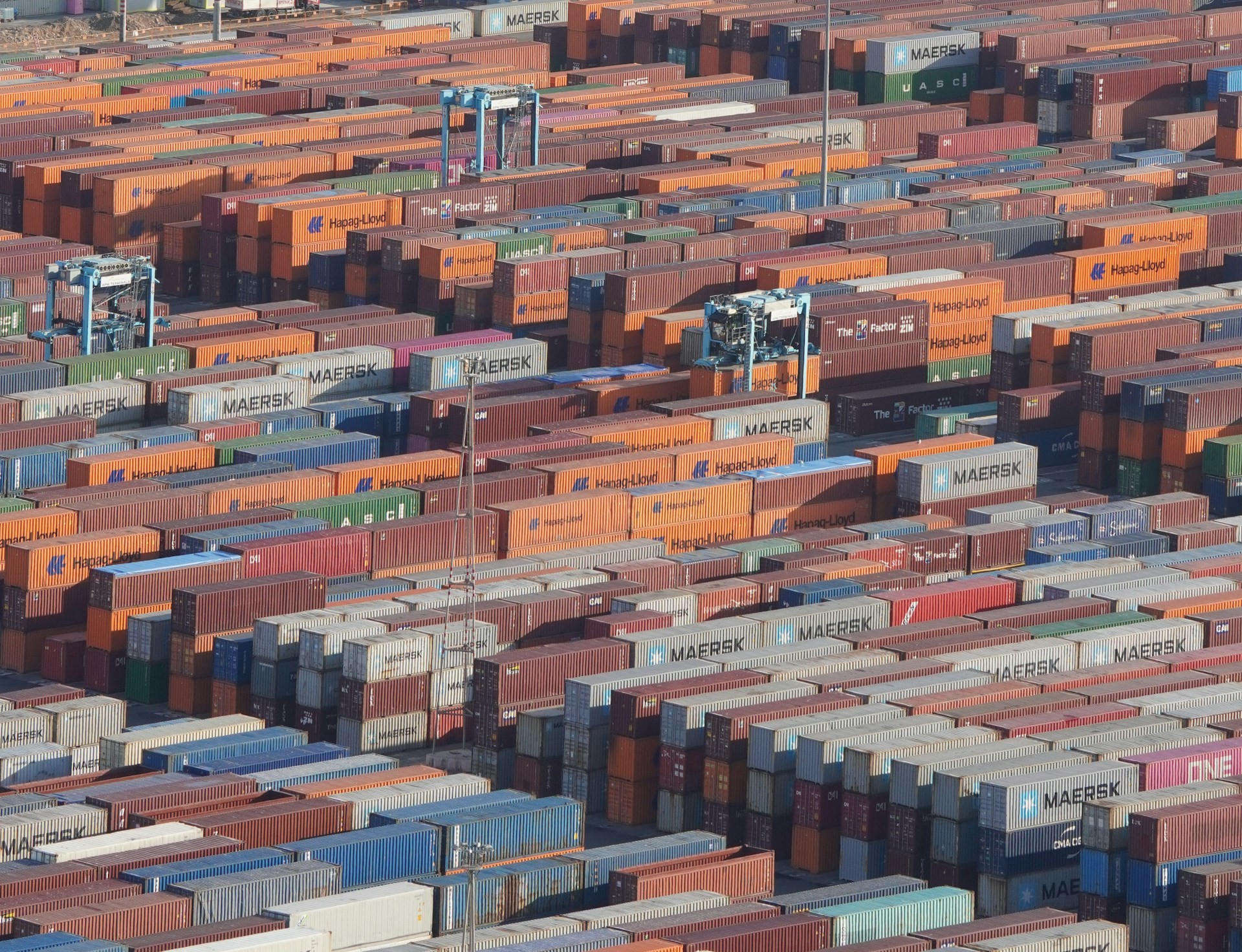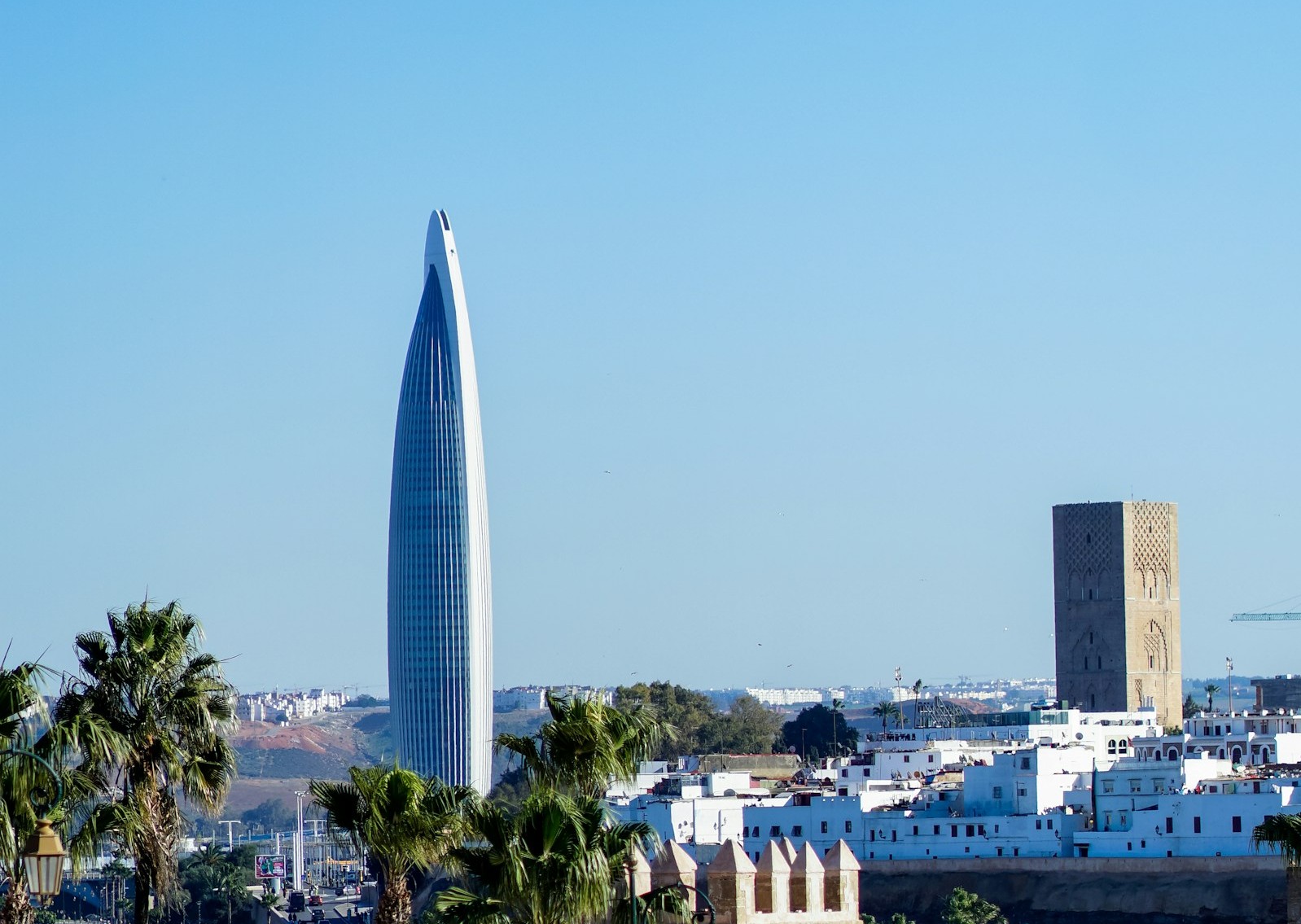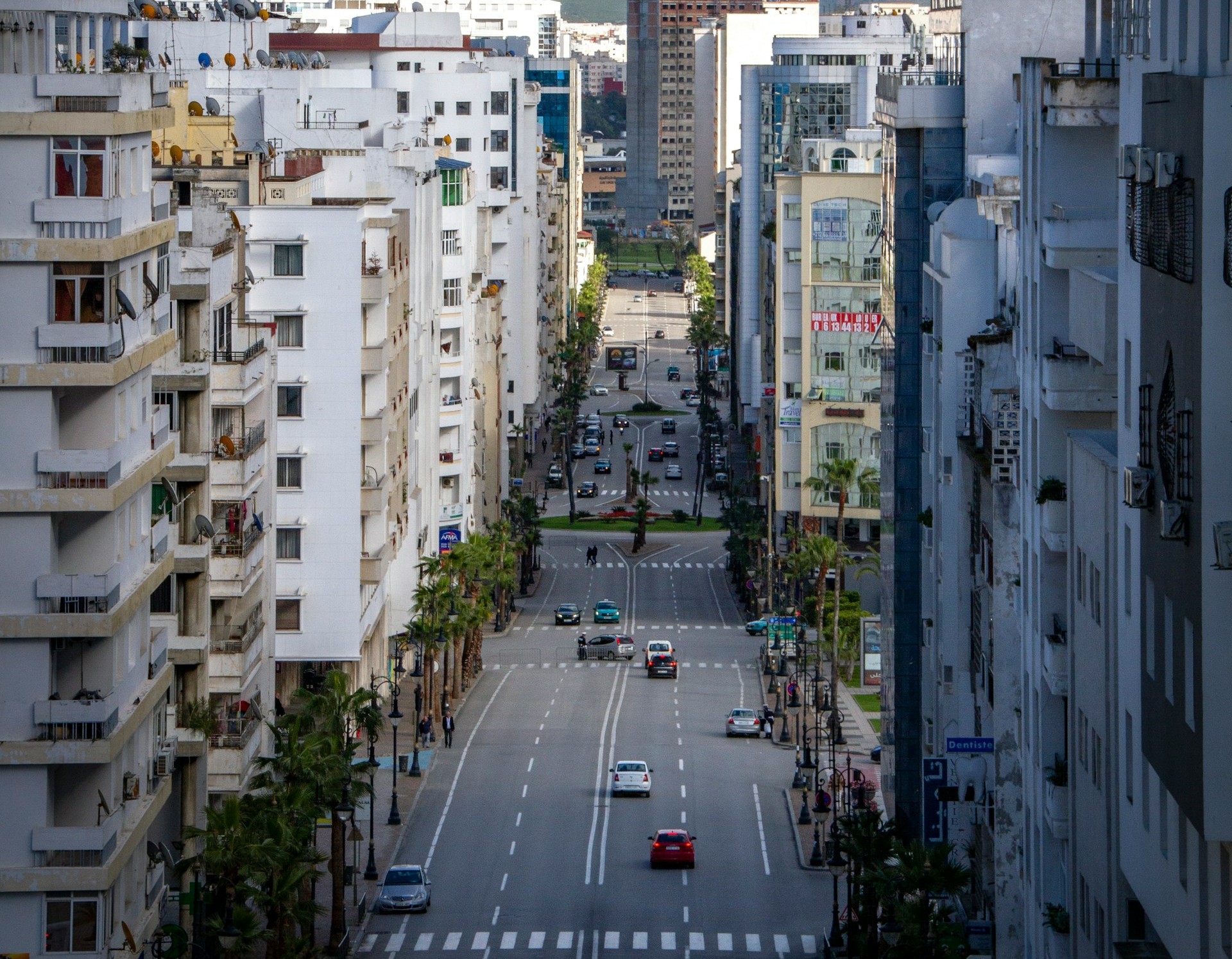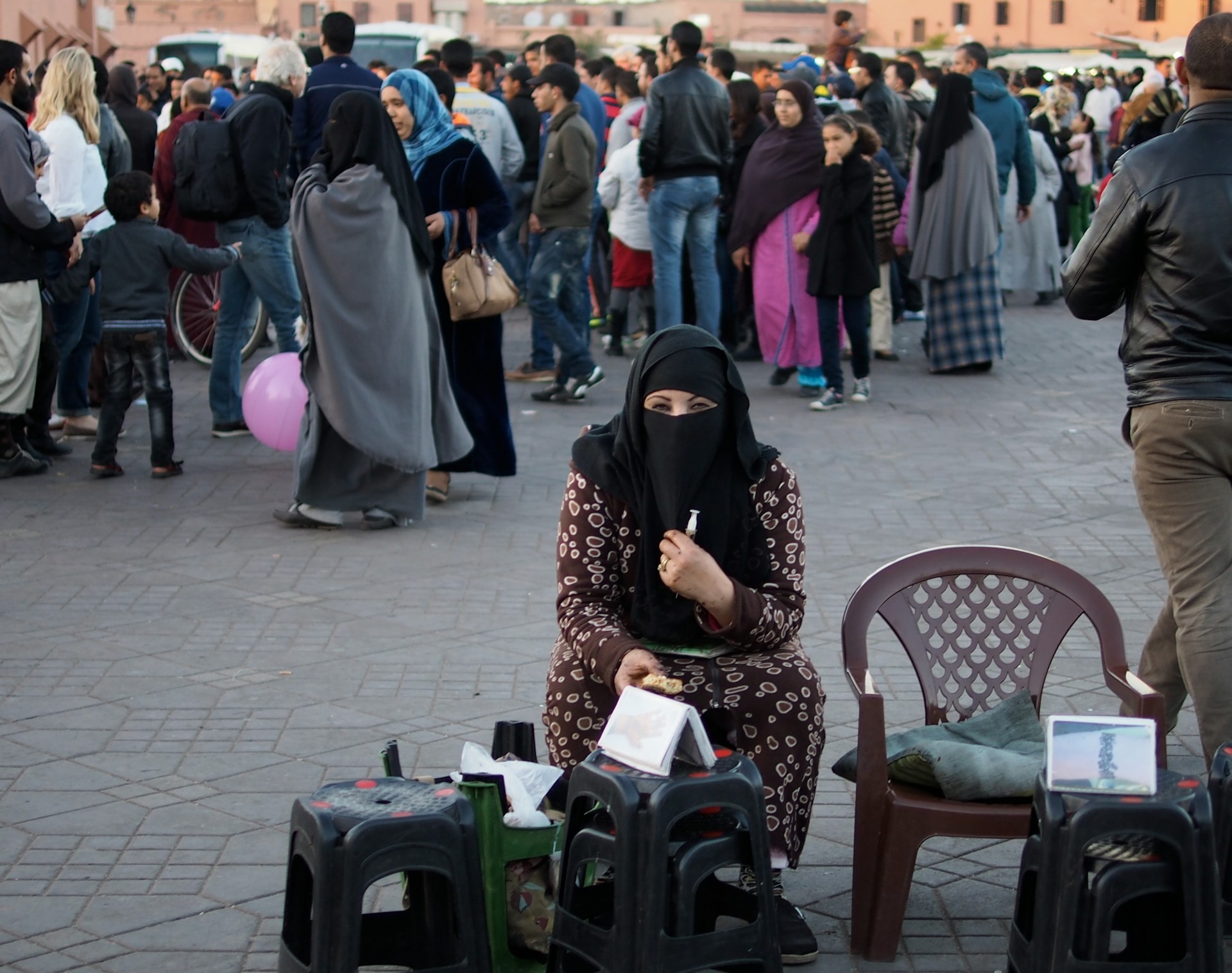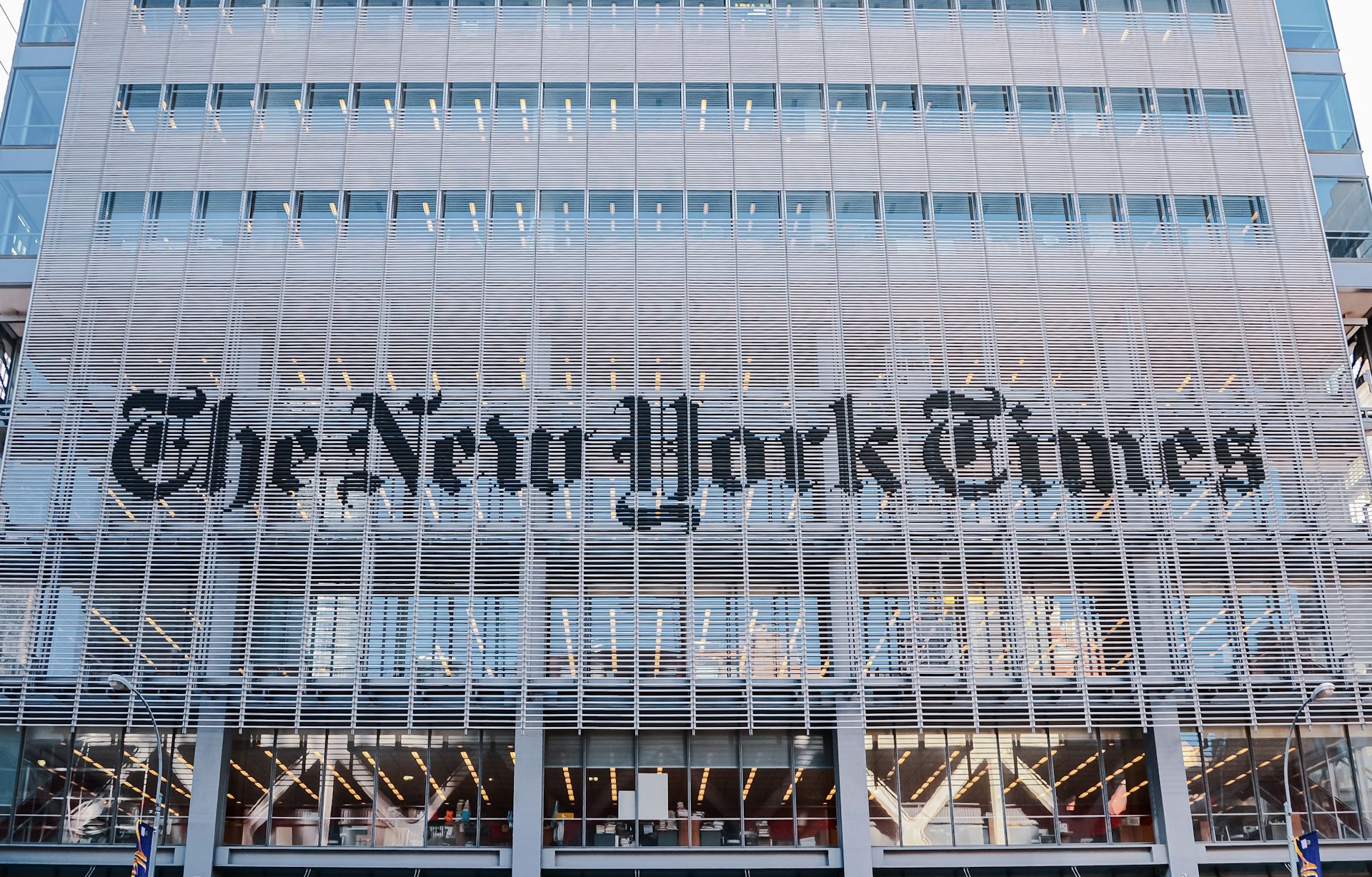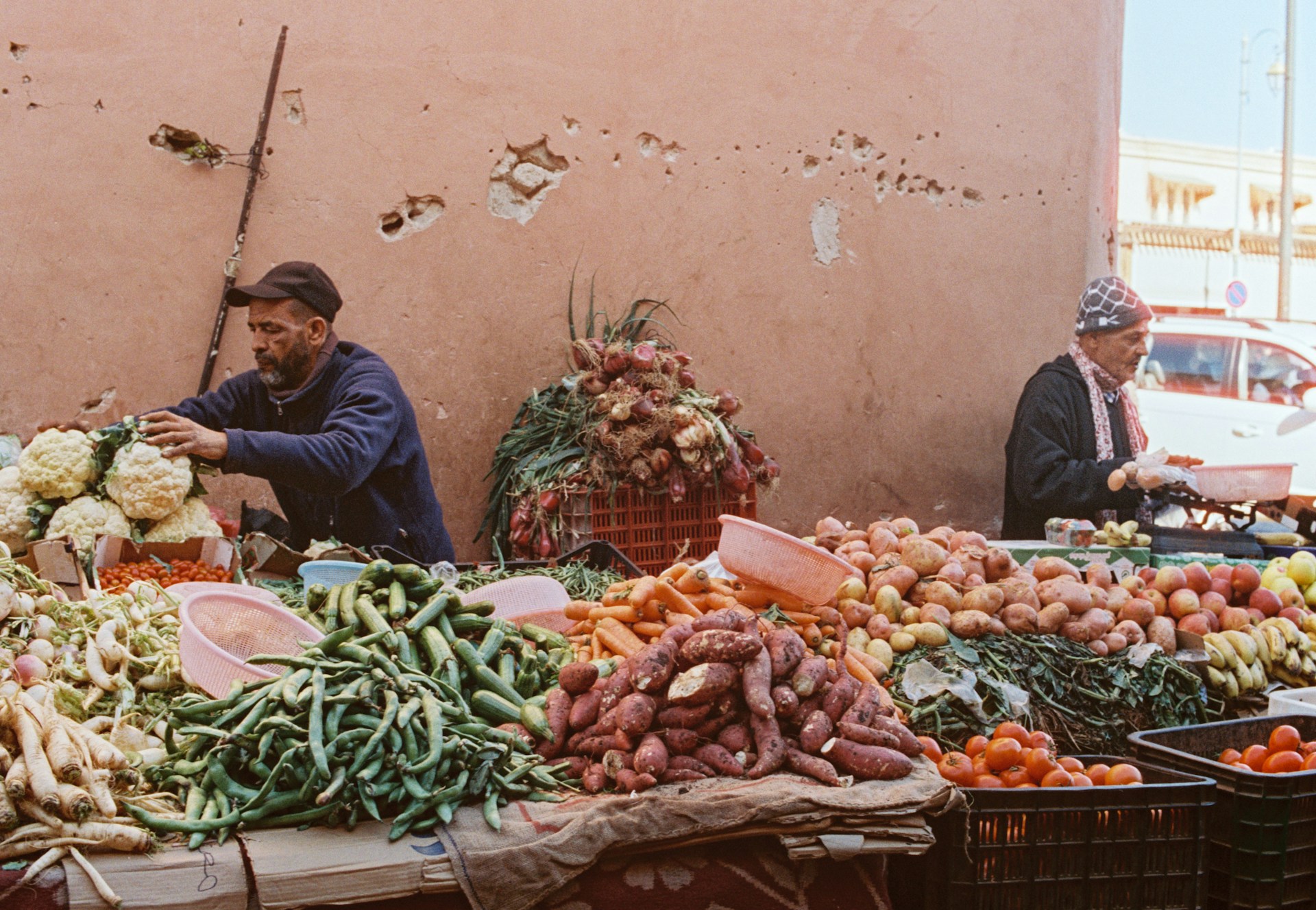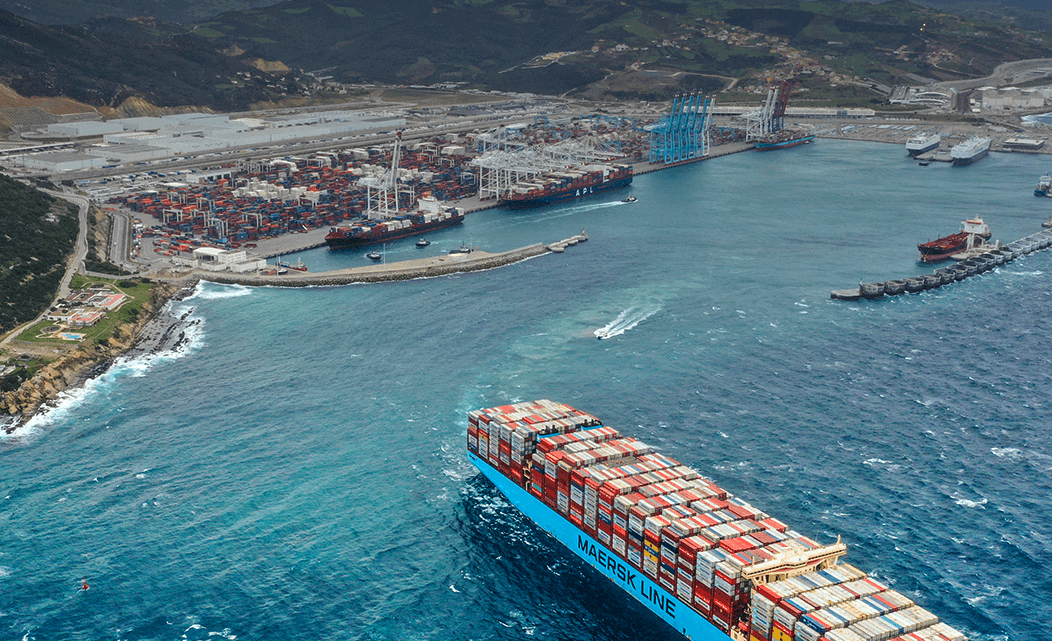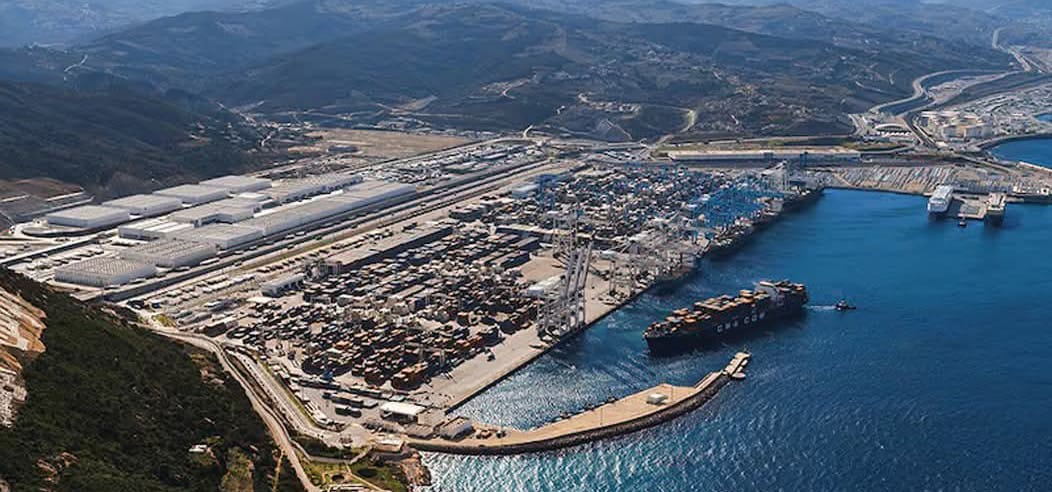Casablanca – Credit rating agency Fitch Ratings has reaffirmed Morocco’s long-term foreign currency issuer rating at BB+, maintaining a stable outlook, reflecting the country’s resilient macroeconomic policies, strong support from official creditors, and solid liquidity reserves.
In its latest evaluation, Fitch highlighted that Morocco’s economy remains well-positioned despite persistent challenges such as high debt levels and structural vulnerabilities. The agency emphasized that the government’s fiscal discipline, favorable debt profile, and confidence from multilateral lenders continue to underpin the country’s creditworthiness.
Economic growth remains stable with positive outlook
Morocco’s real GDP growth held steady at 3.8% in 2024, according to Fitch. The agency noted that a sharp contraction in agricultural output offset stronger performance in non-agricultural sectors. Looking ahead, growth is expected to accelerate to 4.4% in 2025, with an average of 3.9% over 2026–2027. Improved rainfall early in 2025 is projected to temporarily alleviate the impact of drought, supporting agricultural production.
Non-agricultural sectors are also set to benefit from robust export-oriented industries and ongoing infrastructure investments, reinforcing Morocco’s diversified growth strategy.
Fiscal position and debt trajectory
Fitch expects Morocco’s central government budget deficit to stabilize at 3.8% of GDP in 2025, then average 3.1% over 2026–2027. Tax revenues are projected to remain around 18.7% of GDP, supported by recent reforms that have simplified the tax system and strengthened compliance. Non-tax revenues, however, are expected to fall to 3.6% of GDP due to a reduction in innovative financing mechanisms.
On the spending side, total expenditures are forecast to average 25.8% of GDP between 2025 and 2027, down from 27.1% in 2024. While social spending on education and health is expected to rise, it will be balanced by a decline in public investment, projected at 6% of GDP following the completion of major projects such as water supply and irrigation programs.
Morocco’s central government debt is expected to gradually decline from 68% of GDP in 2024 to 67% in 2025 and 65.3% by 2027. Fitch noted that refinancing and currency risks are contained, as most debt is medium- to long-term (88%), at fixed rates (89%), and denominated in Moroccan dirhams (75%). External debt remains largely concessional, supported by multilateral and bilateral creditors.
Infrastructure investments for the 2030 World Cup
Fitch also highlighted Morocco’s ambitious infrastructure program ahead of the 2030 FIFA World Cup, which the country will co-host with Spain and Portugal. Projects include sports facilities, airports, railways, and water and energy infrastructure. The agency emphasized that these investments are not expected to strain the state budget, as “most projects will be financed through public-private partnerships.”
Current account and reserves
The current account deficit is projected to widen slightly, from 1.2% of GDP in 2024 to 1.4% in 2025 and 2.4% over 2026–2027, largely due to higher imports linked to World Cup preparations. Nevertheless, the services balance, buoyed by tourism, will continue to provide a stabilizing factor.
Morocco’s international reserves reached $45 billion in August 2025, up from $37 billion a year earlier, covering an average of 5.3 months of external payments. The country also benefits from a flexible IMF credit line of around $4.5 billion, providing an additional buffer against external shocks.
Social and structural risks
While the macroeconomic outlook is stable, Fitch noted potential risks related to social tensions and infrastructure spending. These could increase public expenditure if they necessitate higher social or investment spending, though the agency considers these risks manageable under current policies.
Fitch’s reaffirmation follows a recent upgrade by Standard & Poor’s, which raised Morocco’s sovereign rating to BBB-/A-3, returning the country to investment grade. Together, these assessments underscore Morocco’s continued efforts to strengthen fiscal management, diversify its economy, and prepare strategically for major upcoming events.

